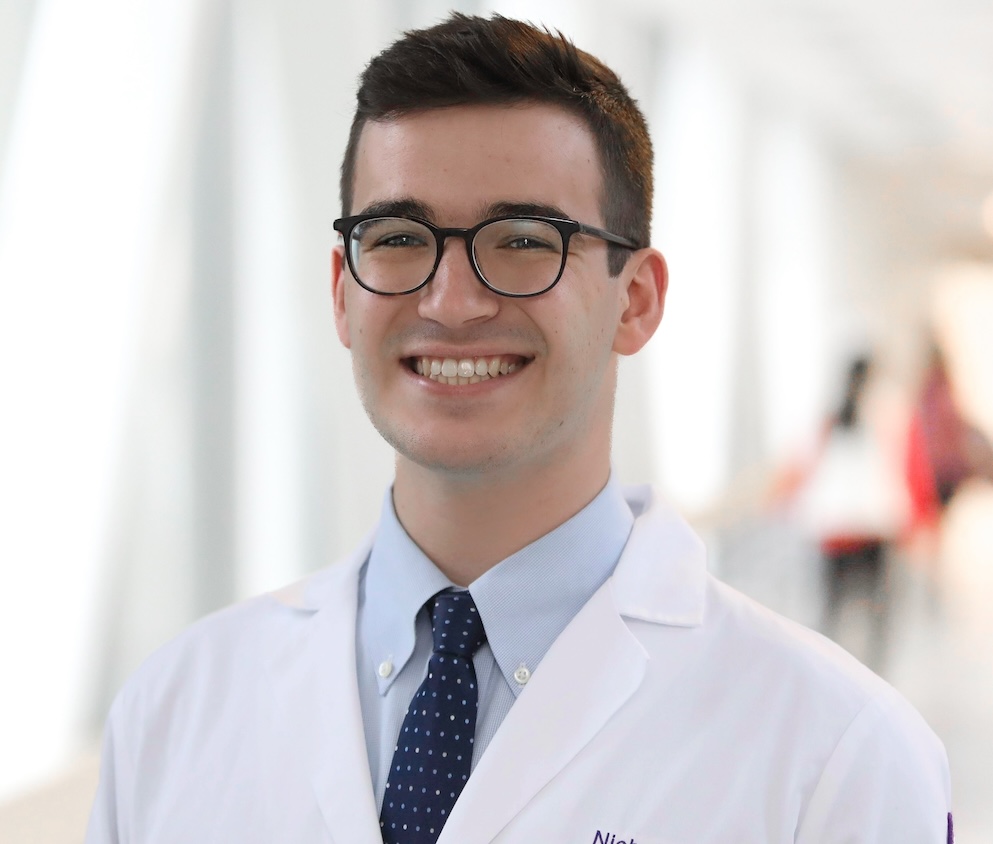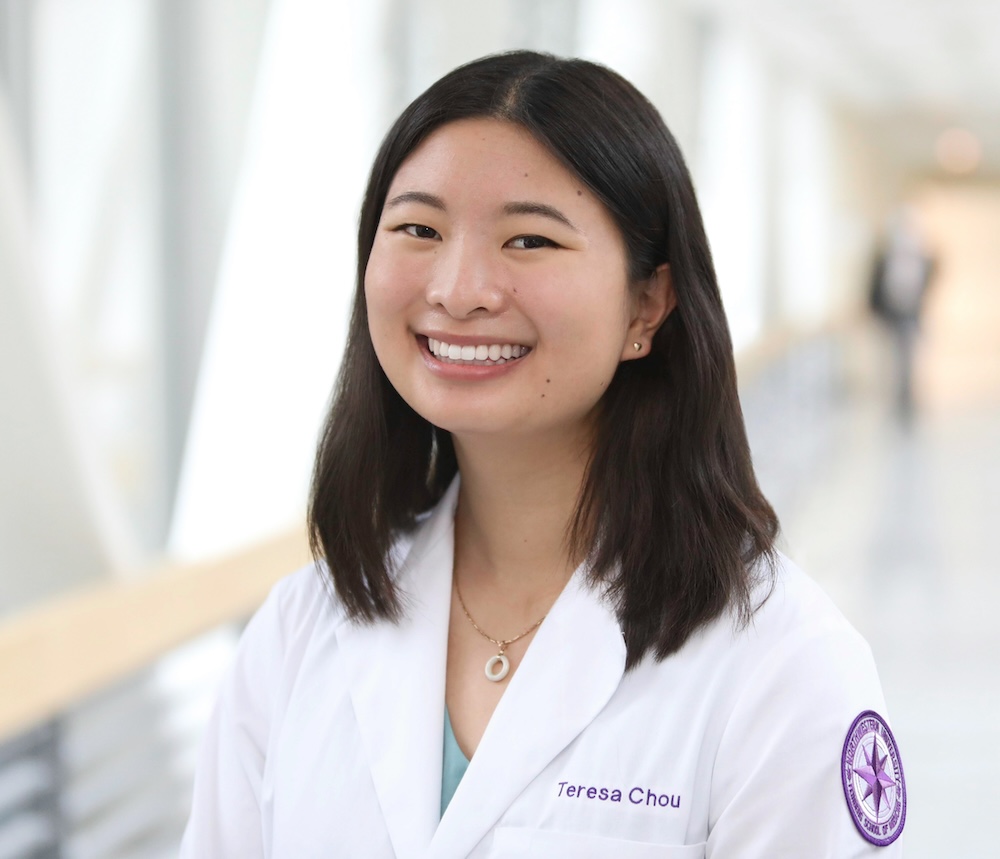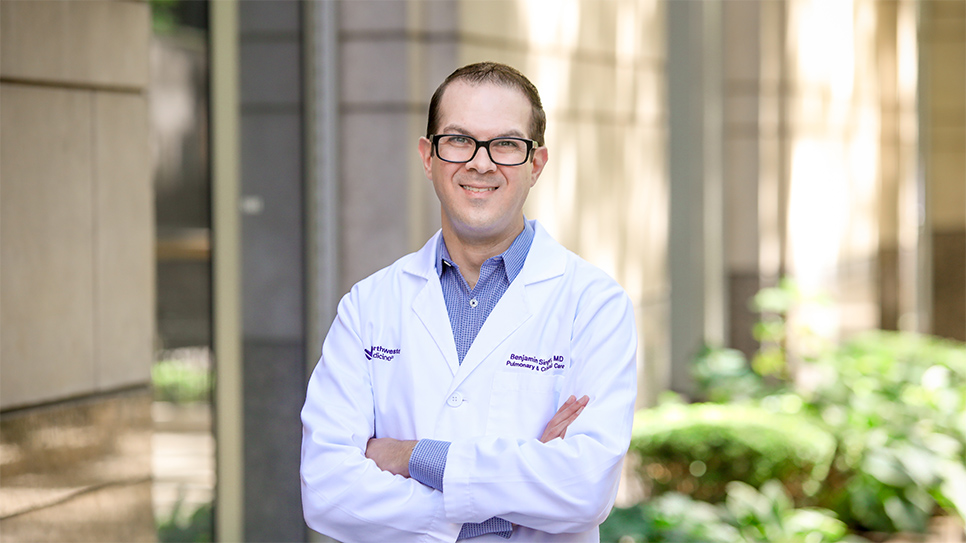Northwestern MSTP Courses
Northwestern University Feinberg School of Medicine MSTP students are required to register for and participate in two program-specific courses through The Graduate School for the duration of their training: the MSTP College Curriculum and MSTP Grand Rounds. Additionally, students are required to participate in the MSTP Grant Writing Course organized as part of the MSTP College Curriculum.
MSTP College Curriculum
Crafted by MSTP student leaders and driven by the interests of current students, the MSTP College Curriculum divides the entire student body into five colleges, each comprised of roughly 28 students across all stages of training. Each college is assigned four faculty mentors, the majority of whom are physician-scientists, and two or three Physician Scientist Training Program (PSTP) fellow mentors. These mentors advise students in the college, help plan college-specific sessions and lead weekly sessions. Graduate students on the Evanston campus have their own Evanston-based college.
The colleges meet every Friday at noon for lunch with either their individual colleges and mentors or the entire MSTP. College sessions focus on various topics relevant to the training and professional development of physician scientists, including research projects, high-impact papers, rigor and reproducibility, grant-writing skills, career paths and issues related to well-being and identity as a scientist.
MSTP Grant Writing Course
Organized as part of the MSTP College Curriculum, all students are required to participate in a grant-writing course led by MSTP Associate Director Melissa Brown, PhD, during the latter half of the M2 year and the start of the G1 year. The course helps students develop and draft a complete National Research Service Award (NRSA) predoctoral fellowship through didactic sessions devoted to understanding all aspects of the NRSA application process; writing portions of a proposal, with an emphasis on the research proposal and training plan; developing a timeline for submitting the proposal; and presenting and critiquing the scientific proposal. In the final session, students give a public presentation and defense of their proposals before faculty advisers and fellow MSTP students. At the end of the course, students have a draft of a proposal that they can further refine and submit for funding with their thesis advisers during the G1 year, and Brown continues to meet one-on-one with students as they work toward submitting.
Course Goals
- Identify the most important questions facing life scientists today.
- Critically read scientific papers and assess their strengths and weaknesses.
- Develop cogent, hypothesis-based research proposals.
- Give clear, compelling oral presentations of the proposals and defend them.
- Participate in NIH study section-style peer review of research proposals.
- Provide a forum for students to engage, interact and seek mentorship from physician-scientists at different stages of training and on different career paths (e.g., PSTP fellows, junior and senior faculty, physician-scientists in industry).
- Provide opportunities for students to gain leadership experience through overseeing different aspects of the curriculum.
- Build a sense of community across students at all stages of MD-PhD training.
MSTP College Curriculum Co-Chairs
MSTP Grand Rounds
MSTP Grand Rounds integrates clinical medicine with research and provides continuing clinical education for research-phase students. Ten grand rounds are held each year. MSTP students in all years of training are required to attend this two-part conference, and all interviewing candidates are invited to virtually attend a Grand Rounds session during their interview weeks.
The goals of this course are to acquaint students with unsolved problems in modern medical research; help provide continuous exposure to clinical medicine; and help students develop effective presentation skills. Every student presents at least twice in this course during their training, once during the research phase and again during the clinical phase. Physician-scientists and clinical faculty are invited to serve as preceptors for each session to add insightful commentary after the student presentations are completed.
Part 1
One week before Grand Rounds convenes, a clinical-phase student, in consultation with Dr. Singer, distributes a handout to students on a clinical case that they have managed on the wards. Each case is presented as an unknown (e.g., “An 8-year-old boy presents with shortness of breath”), and the handout distributed provides participants with key clinical data, but not enough information to reveal the diagnosis. Teams of eight students, vertically aligned from M1 through all phases of graduate training, have one week to meet and discuss the case as a group and compile a list of top three potential diagnoses and a recommendation for a next best diagnostic test, which they then send to Dr. Singer prior to the session.
Part 2
When the session convenes in person, the clinical-phase student presents the case to the group in a “progressive disclosure” manner, soliciting input from his or her colleagues and interviewing candidates at each step in the diagnostic process. Materials such as X-rays, CT scans, EKGs, gross and microscopic pathology and video recordings (e.g., of a patient with a seizure disorder) are used in the case presentation. The students in the audience then collectively provide the differential diagnosis and suggest appropriate tests and exams to be performed, with the presenting student providing the results of the suggested tests. After the final diagnosis is made, the presenting student discusses the disease pathophysiology as well as current therapy. In the second half of each session, a student in the research phase of training gives a short presentation on recent breakthroughs in an area related to the disease in question. Attendees are asked to complete a presenter feedback evaluation form at the end of the session, designed to provide constructive feedback to both student presenters to help them improve their presentation skills. At the end of the year, members of the winning Grand Rounds team are presented with prizes. Sessions are scheduled to coincide with MSTP interview weeks, and interviewing candidates are given an annotated version of the Grand Rounds handout and are invited to participate in the session
Course Goals
- Prepare preclinical students to excel on the wards by teaching them how to develop a differential diagnosis, work up patients with various presentations and interpret clinical data.
- Review disease pathophysiology, diagnosis, prognosis and clinical management.
- Acquaint students with advances and unsolved problems in modern medical research.
- Hone skills in presentations, peer teaching and working in teams.


